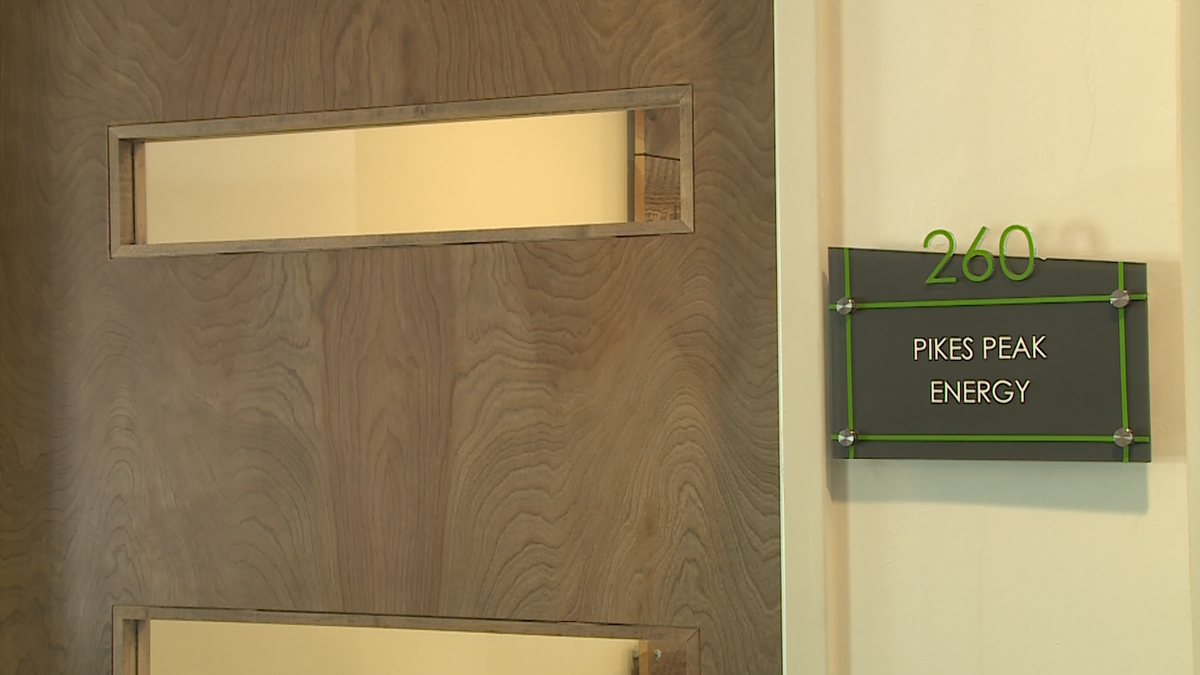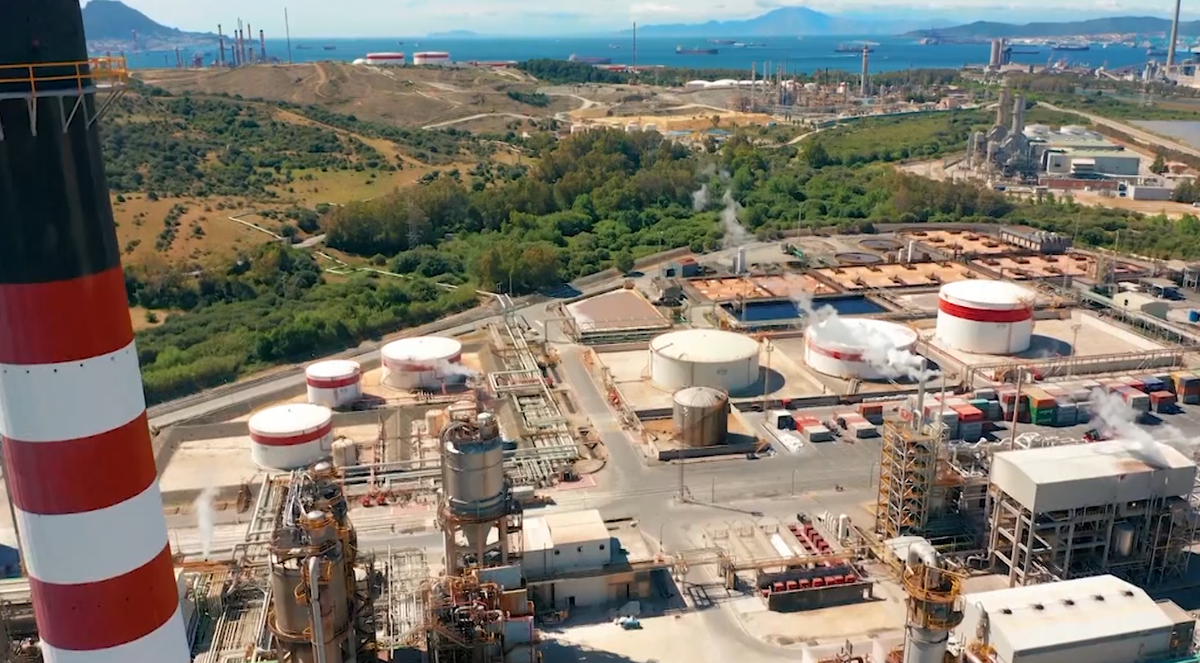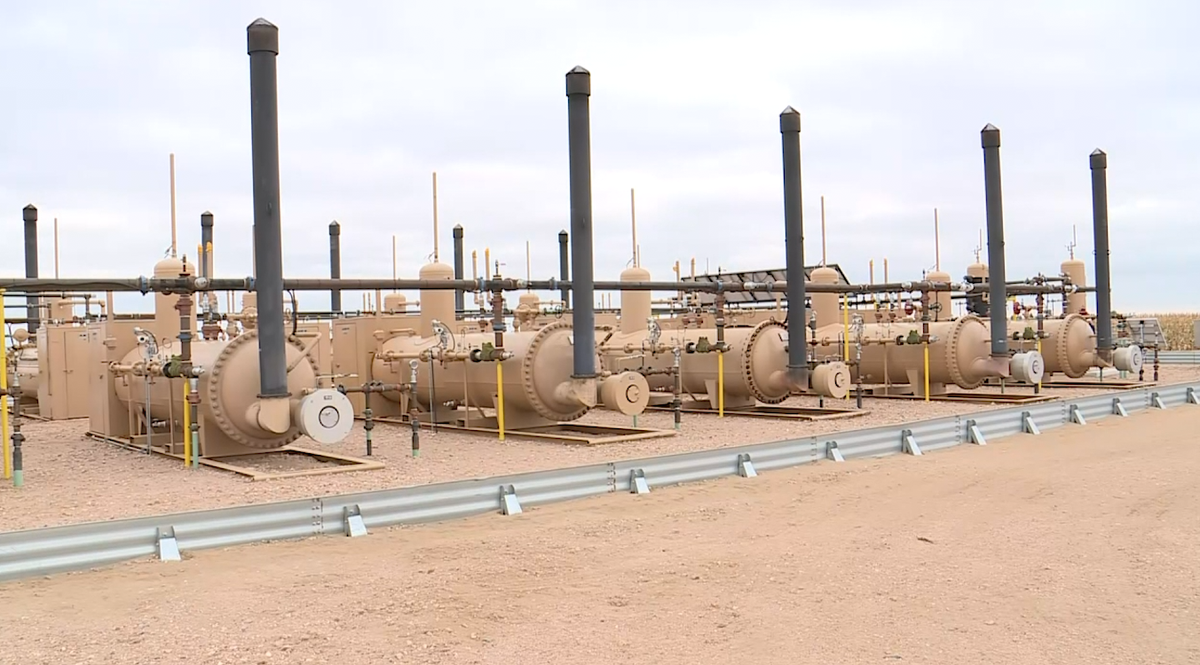Coronavirus, international trade war lowering fuel prices, threatening U.S., local economy
Too much of a good thing can be bad, and that's apparently the case with low gasoline prices American drivers currently enjoy.
But the real danger is those prices could continue to fall, and jeopardize the economic health of the U.S., Colorado and local municipalities.
According to Donnie Wisenbaker, the CEO of Pikes Peak Energy -- a small, independent oil and gas production company in Colorado Springs -- a barrel of oil is selling for around $30 in the U.S.

"That's less than the cost of producing it," he said. "It should be selling for around $60. Last week, the cost went from $40 down to $20 and finally leveled off at $30."
Wisenbaker said two factors are at work here.
"China is the world's largest energy consumer," he said. "But the coronavirus has reduced demand and production by around 20%."

A trade war between Russia and Saudi Arabia also has developed, Wisenbaker said, as their agreement with OPEC to maintain price controls is set to expire at the end of March.
"Russia is saying that they want to increase production despite the low prices, and Saudi Arabia is saying that they'll do it, too, because they can do it more cheaply than Russia," he said.
The result, Wisenbaker said, is a worldwide glut in oil supplies that could cause the oil and gas industry to lose money, shut down production and lay off workers.

"Our businesses are based on being able to get product out of the ground and sell it at a price that makes us a profit," he said. "That's very difficult to do at $30 a barrel. You'd be foolish not to be worried. I'm definitely concerned."
Wisenbaker said the situation could affect several hundred industry businesses in Colorado.
"It's too soon to say when this all might turn around," he said. "Companies are starting to discuss what will happen if it doesn't. If it doesn't, we could see those negative impacts within a month to six weeks."

Such drastic measures will have less of an impact on the Colorado Springs area -- where production is a small segment of the economy -- than in areas north of Denver where most of the production exists, Wisenbaker said.
"If I lived in Weld County and I owned a restaurant or a hotel, I'd be very concerned," he said.
Tatiana Bailey, director of the University of Colorado-Colorado Springs Economic Forum, said the coronavirus and the Russia-Saudi Arabia stalemate have created a double whammy from which the U.S economy may find it hard to recover.

"The talks between Russia and the OPEC nations have been breaking down for more than a year now," she said. "So this has been coming. I think it's possible this situation could actually get worse, unfortunately."
Bailey said the stalemate may be part of a plan by OPEC to make America more dependent on foreign oil and hurt its ability to invest in and develop alternative energy sources.
"The Middle Eastern countries have an advantage because they can produce oil at a much lower cost than other nations," she said. "So that really hurts competitors such as the U.S. because it's the top oil producer in the world. Many people don't realize that."

According to Lynn Granger, executive director of American Petroleum Institute Colorado, the state's oil and gas industry is growing -- supporting nearly 233,000 jobs, and annually contributing $31 billion to the state's economy and around $1.5 billion in tax revenue.
Granger also said that Colorado is the country's fifth-largest oil producing state and the sixth-largest natural gas producer.
